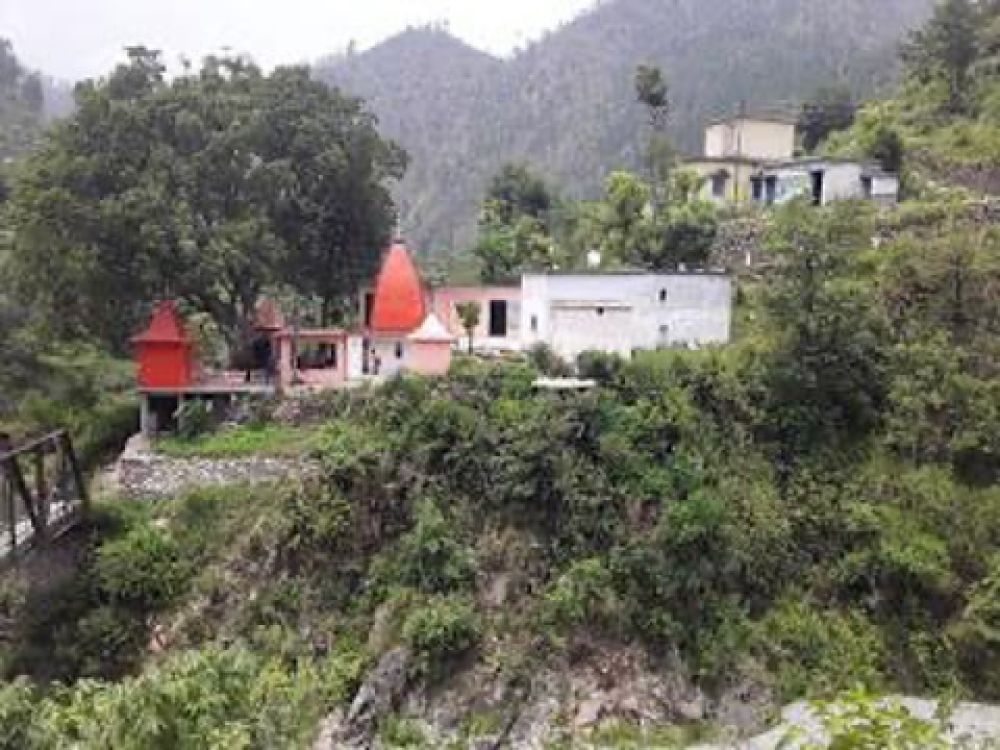

Nestled in the serene district of Rudraprayag in Uttarakhand, India, Beeronkhal Village has remained relatively untouched by mass tourism. However, the area's natural beauty and cultural significance have begun to catch the eye of travelers seeking peace and spiritual rejuvenation.
The history of tourism in Beeronkhal is quite recent when compared to the long-established pilgrimage roots that draw visitors to the region's ancient temples. It started as a modest influx of visitors coming for the Char Dham Yatra, which includes the famous Kedarnath located within Rudraprayag. Over time, as people began seeking more than just spiritual fulfillment, Beeronkhal began to emerge as a destination for nature lovers and those interested in village tourism.
The village's tourism trajectory received a significant boost with the recognition of Uttarakhand as a separate state in the year 2000. Since then, there has been a concerted effort by the state government to promote eco-tourism and sustainable practices in regions like Beeronkhal which have potential for tourism development.
Today, Beeronkhal Village stands as a paradise for eco-tourists and those looking to experience the rural Himalayan lifestyle. Activities such as bird watching, nature walks, and visits to local farms draw a growing number of visitors.
Moreover, there has been an introduction of homestays and small guesthouses that promote cultural exchange and provide a more authentic travel experience to tourists. As travelers increasingly seek sustainable and responsible tourism options, Beeronkhal's tourism offerings embrace local involvement and low environmental impact.
The development of adventure tourism is another aspect that lures visitors to the area. With the government's push towards accessible and adventure tourism, activities like trekking, rock climbing, and camping are becoming popular.
Connectivity improvements, such as the development of roads, have also contributed to the ease of access to Beeronkhal Village, promoting a steady increase in tourism. However, it's crucial to maintain a balance to ensure that the increase in tourist footfall does not disrupt the region's delicate eco-system.
There is a conscious effort towards ensuring tourism development in Beeronkhal does not disturb the natural ecosystem or traditional way of life. Conserving the local culture, customs, and the biodiversity of the region are paramount.
As tourism gradually becomes a vital part of Beeronkhal's economy, plans for sustainable development, responsible tourism practices, and community benefits are increasingly at the forefront of policy discussions.